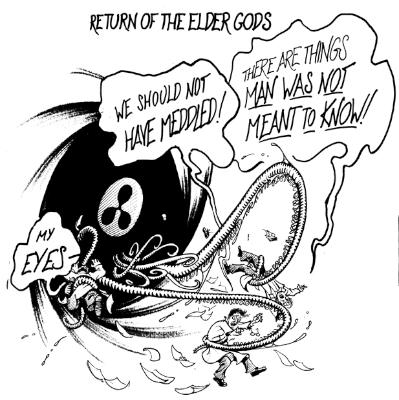Estudio de usuarios de twitter
El retrato robot del usuario de twitter se corresponde con el de un varón (75%), de entre 21 y 30 años (56%), bloguero (83%) ,vinculado al mundo de Internet y las nuevas tecnologías (72%), que utiliza la herramienta por interés profesional (52%).
The Cocktail Analysis – Estudio de usuarios de twitter
Es curioso lo poco que me correspondo con el perfil. Hombre, bitacoreros y prácticamente nada más. Y por supuesto, no uso Twitter por interés profesional. El resumen es interesante. Habrá que echarle un ojo al análisis completo.
